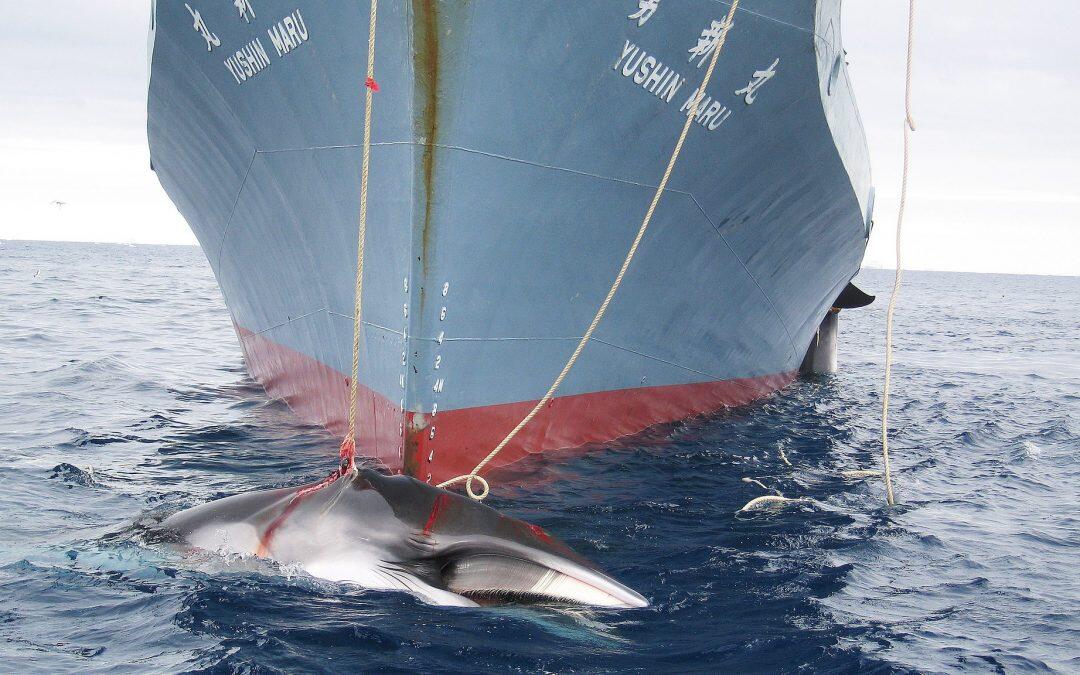Japan is likely to face international criticism at a whaling summit this week for killing whales in the Southern Ocean in defiance of a court ruling and a three-decade-old ban.
Japanese fleets killed more than 300 minke whales, many of them pregnant, when they resumed so-called scientific whaling in 2015-16 after a hiatus the year before because the international court of justice decided the hunts were not scientific and should cease.
Pro-conservation countries at the International Whaling Commission’s (IWC) biennial conference, which opens in Slovenia on Thursday, will step up pressure on Japan. The meeting comes during the 30th anniversary of the commission’s whaling ban, which is estimated to have saved more than 100,000 whales despite Japan, Norway and Iceland killing whales via loopholes.
Australia has put forward a resolution to the conference that would require Japan to get approval from the IWC for its “scientific” quotas. Countries may also formally rebuke Japan for flouting the court ruling.
“Japan’s unilateral resumption of its so-called ‘scientific’ hunt in the Southern Ocean last year is a slap in the face not just for the International Whaling Commission but also for the rule of law, as the international court of justice clearly ruled Japan’s previous Antarctic ‘research’ programme to be illegal,” said Kitty Block, vice-president of the Humane Society International.
But Japan will fire back with its own proposal to allow small-scale hunting of whales in its territorial waters, a plan which it has doggedly pushed for decades despite being defeated 17 times at previous IWC meetings. Japanese officials argue such “coastal whaling” could be done without harming whale stocks.
Ghana, Ivory Coast and Guinea have put forward a separate draft resolution calling for whale meat to address food shortages in developing countries, a move which would help Japan, which has stores of frozen whale meat. The sale of whale meat internationally is banned, with a few exceptions. But earlier this week a UK-based wildlife charity, Whale and Dolphin Conservation, revealed that a Japanese website had been illegally selling whale meat overseas.
A plan to create a whale sanctuary is also on the agenda of the whaling conference, though it requires three-quarters of countries voting to support it.Japan has previously led opposition to the sanctuary and is expected to be successful at doing so again at the meeting, which runs until 28 October.
The UK government is strongly opposed to whaling and the so-called scientific whaling that Japan undertakes, but is not opposed to the exemptions granted for indigenous people for subsistence.
A spokeswoman for the environment department said: “The UK has a strong track record in global wildlife conservation and we fully support the existing ban on commercial whaling. We will continue to champion the protection and welfare of whales and other cetaceans, both here and overseas.”
Source: The Guardian











